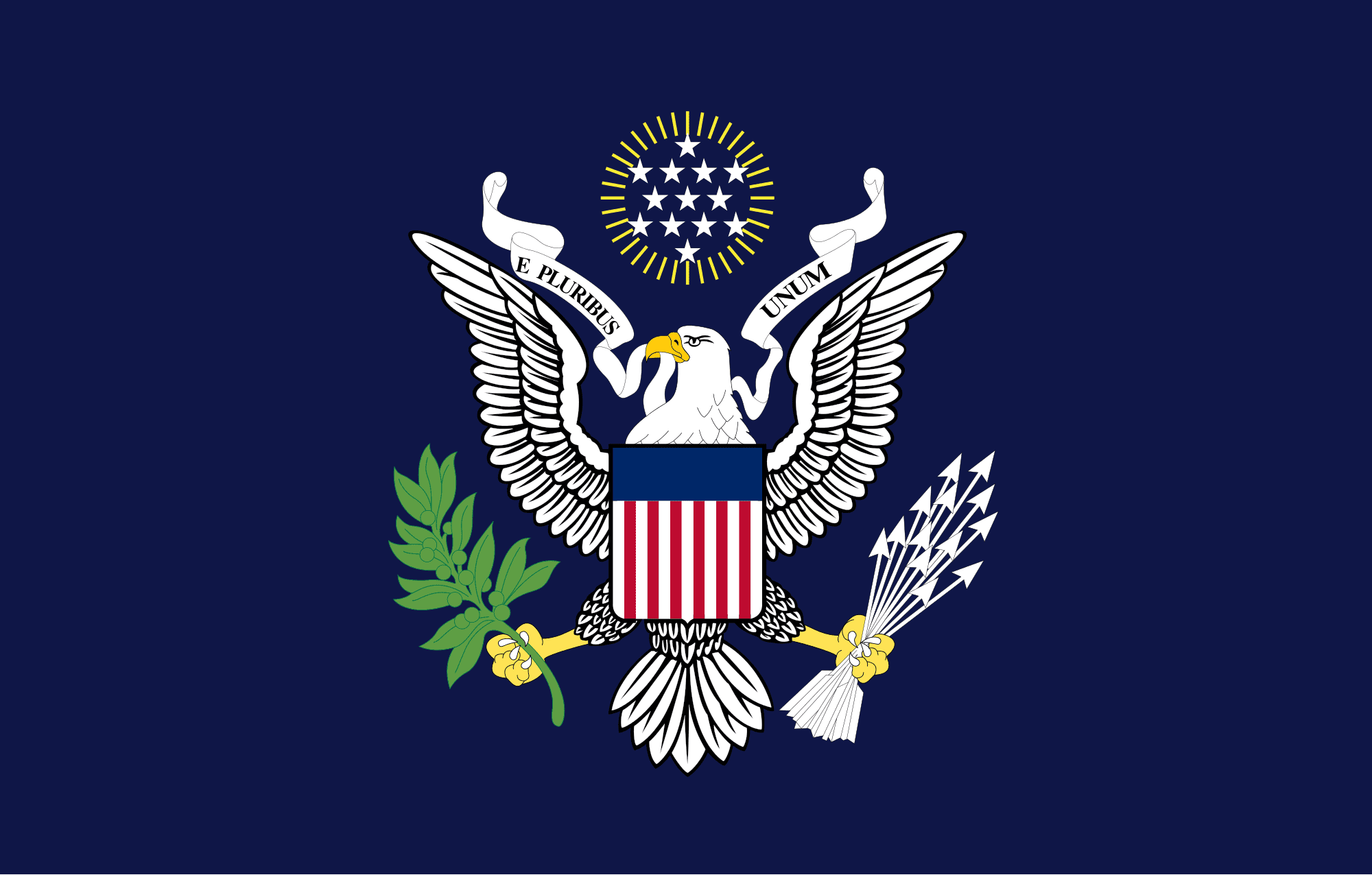
The Department of Homeland Security has issued the final rule on public charge. Originally published in October 10, 2018, the new rules seek to change the definition of what immigration officers should consider when determining whether a green card applicant is likely to become a public charge. A finding that someone is likely to become a public charge would make them ineligible for the green card.
Under the current rule, immigration officers are supposed to consider a variety of factors to determine whether someone is likely to become a public charge, including whether the person has ever received cash assistance from the state, local or federal government. Currently, receiving Medicaid and other health services (except long-term institutional care support) is not considered public assistance and would not be considered in determining whether someone is likely to become a public charge. Moreover, receiving housing benefits, Children’s Health Insurance Program (“CHIP”), food stamps, or foster care and adoption assistance cannot be considered as negative factors in the analysis of whether someone will become a public charge. In addition, Obamacare is not considered in the public charge analysis.
DHS has now revised the definition of “public charge” to incorporate consideration of more kinds of public benefits received. The rule defines the term “public charge” to mean an individual who receives one or more designated public benefits for more than 12 months, in the aggregate, within any 36-month period (such that, for instance, receipt of two benefits in one month counts as two months). The rule further defines the term “public benefit” to include any cash benefits for income maintenance, Supplemental Security Income (SSI), Temporary Assistance to Needy Families (TANF), Supplemental Nutritional Assistance Program (SNAP), most forms of Medicaid, and certain housing programs.
The regulation also excludes from the public benefits definition: public benefits received by individuals who are serving in active duty or in the Ready Reserve component of the U.S. armed forces, and their spouses and children; public benefits received by certain international adoptees and children acquiring U.S. citizenship; Medicaid for aliens under 21 and pregnant women; Medicaid for school-based services (including services provided under the Individuals with Disabilities Education Act); and Medicaid benefits for emergency medical services.
This rule also makes certain nonimmigrant aliens in the United States who have received designated public benefits above the designated threshold ineligible for change of status and extension of stay if they received the benefits after obtaining the nonimmigrant status they seek to extend or from which they seek to change. The nonimmigrant statuses that are included in here include B-1/B-2 Visitor and Business visas, E-2 Treaty Investor, E-3 Australian Treaty Alien, F-1 Student, H-1B Specialty Occupation, J-1 Exchange Visitor, K-1 Fiancée, O-1 Extraordinary Ability, TN NAFTA Professional, and more. Please note that spouses and children dependents of these visa holders are also included in the threshold.
This new rule does not apply to humanitarian-based immigration programs for refugees, asylees, Special Immigrant Juveniles (SIJs), certain trafficking victims (T nonimmigrants), victims of qualifying criminal activity (U nonimmigrants), or victims of domestic violence (VAWA self-petitioners), among others.
Applications and petitions already pending with USCIS on the effective date of the rule (postmarked and accepted by USCIS) will be adjudicated based on the previous guidelines.
If you are receiving any type of public benefit and you are concerned about whether this could impact your eligibility for a green card you should consult with an immigration attorney to determine how to proceed.
Please see other grounds that could make you ineligible for a green card when you click here.
FREE Visa Resources
Click on the buttons below in order to claim your free Visa Guide (E-1, E-2, TN, EB-5, H-1B, L-1, PERM, NIW, EB-1, O-1, E-3), sign up for our free Webinar, join our Facebook Group, or watch our videos.
Set up a Visa or Green Card Consultation
For a dedicated one-on-one consultation with one of our lawyers, click on the button below to schedule your consultation.
This website and blog constitutes attorney advertising. Do not consider anything in this website or blog legal advice and nothing in this website constitutes an attorney-client relationship being formed. Set up a one-hour consultation with us before acting on anything you read here. Past results are no guarantee of future results and prior results do not imply or predict future results. Each case is different and must be judged on its own merits.


